Calling other people ugly, doesn't make you any prettier
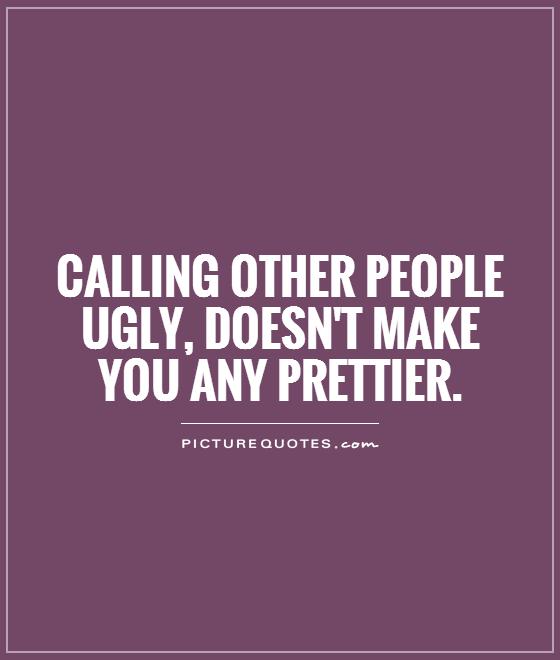
Calling other people ugly, doesn't make you any prettier
The saying "calling other people ugly doesn't make you any prettier" holds a profound truth that transcends physical appearance and delves into the realm of human behavior and interpersonal relationships. In the context of "ugly words," this statement serves as a powerful reminder of the impact that negative language can have on both the speaker and the recipient.When we use derogatory language to describe others, we are not only perpetuating harmful stereotypes and perpetuating a culture of judgment and criticism, but we are also revealing our own insecurities and shortcomings. By resorting to name-calling and insults, we are projecting our own inner turmoil onto others in an attempt to deflect attention away from our own perceived flaws. However, this behavior only serves to further erode our own self-esteem and diminish our own sense of worth.
Furthermore, the act of calling someone else ugly reflects a lack of empathy and compassion for the feelings of others. It demonstrates a disregard for the impact that our words can have on those around us and perpetuates a cycle of negativity and hostility. In essence, by engaging in such behavior, we are not only harming others but also poisoning our own hearts and minds with toxic thoughts and emotions.
In contrast, choosing to speak kindly and respectfully to others can have a transformative effect on our own well-being and relationships. By practicing empathy and understanding, we can cultivate a sense of connection and unity with those around us, fostering a sense of mutual respect and appreciation. In doing so, we not only uplift others but also uplift ourselves, creating a positive ripple effect that can spread far and wide.
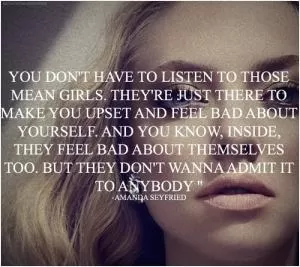
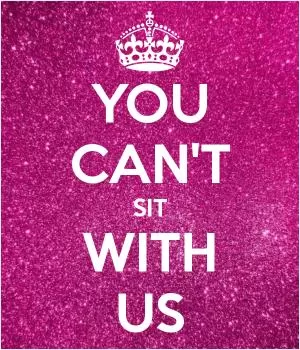


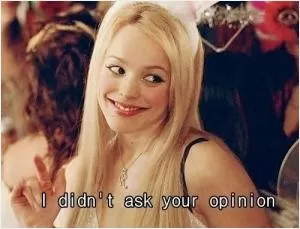
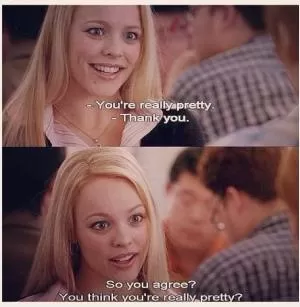
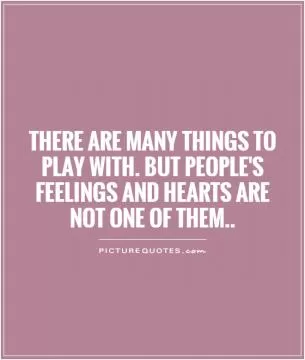
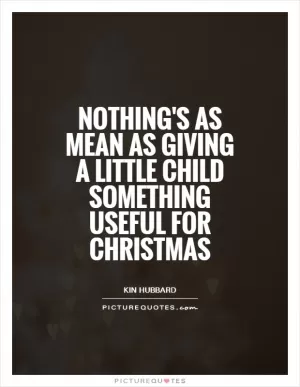
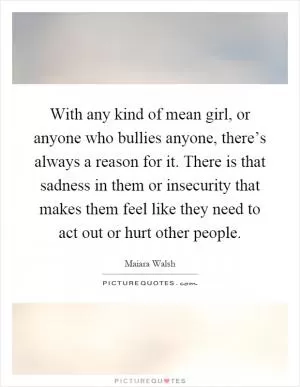



 Friendship Quotes
Friendship Quotes Love Quotes
Love Quotes Life Quotes
Life Quotes Funny Quotes
Funny Quotes Motivational Quotes
Motivational Quotes Inspirational Quotes
Inspirational Quotes